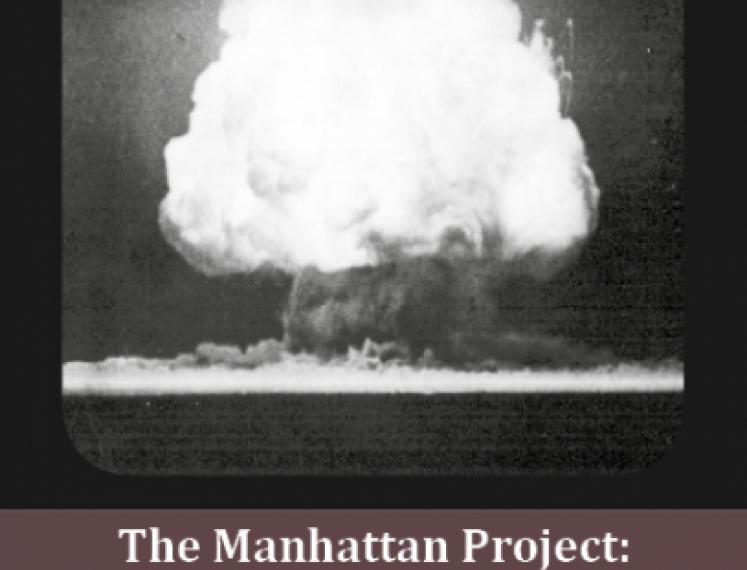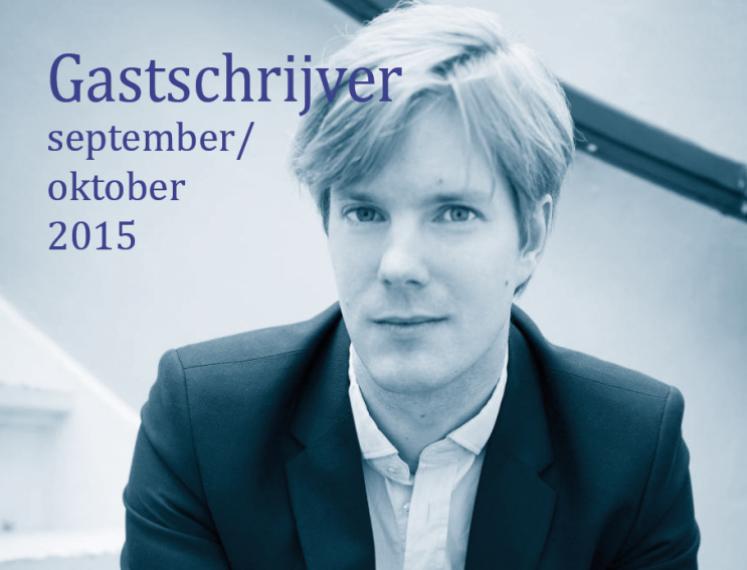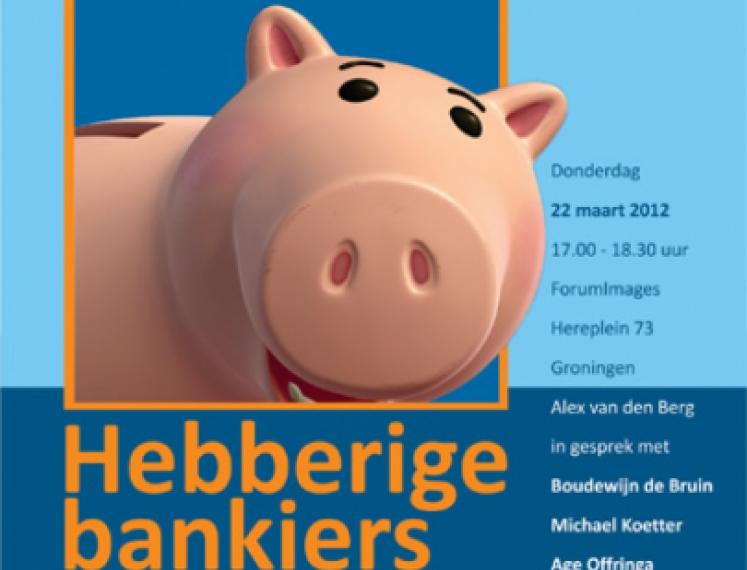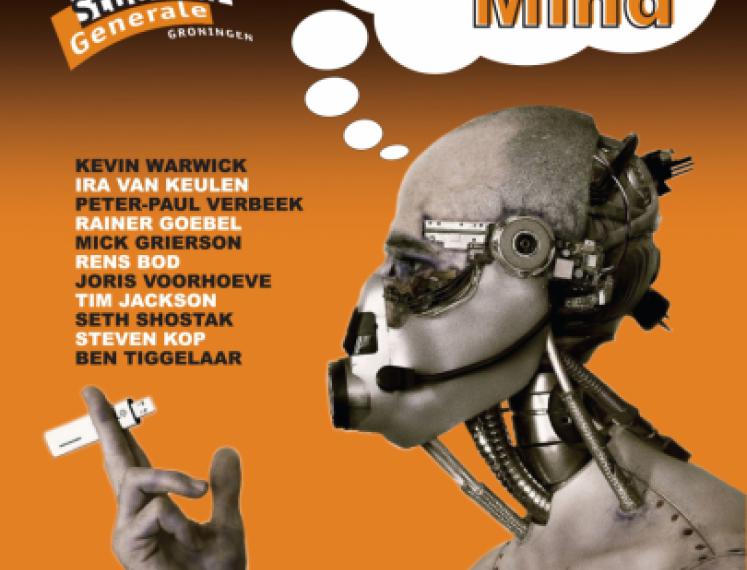
Academiegebouw
Broerstraat 5
Groningen
Netherlands
The Manhattan Project
The development of nuclear weapons during the Manhattan Project is one of the most significant scientific events of the twentieth century. The Manhattan Project was the United States Army’s effort to develop and use nuclear weapons in World War II. After two and a half years of intense work and great expense, scientists on the Manhattan Project succeeded in developing two very different designs for fission bombs, one of which used uranium and the other plutonium. One bomb of each type was dropped on Japan (Hiroshima and Nagasaki), August 1945, and helped to bring the war to an end. Why were two different bomb designs necessary? What were the effects of the bombs? How did the Manhattan Project reach its goal in such a short time? Bruce Cameron Reed, author of two books on the Manhattan Project, will touch on issues such as the origins and organization of the Project, major personalities, accomplishments and challenges encountered. What is the legacy of the Project in the form of today’s world nuclear arsenals? And which persistent popular myths still surround it?
Bruce Cameron Reed is professor and chair of the physics department of Alma College, Michigan, USA. He is the author of the books The History and Science of the Manhattan Project (2014) and The Physics of the Manhattan Project (2015) and numerous articles on the development of atomic bombs during the Manhattan Project of World War II. His research also includes the status of current worldwide nuclear weapons programs and deployments. In 2009, he was elected as a Fellow of the American Physical Society for his work on the Manhattan Project.
This lecture is organized in cooperation with the Symposium ‘Spies, Bombs and Physics’, the general physics colloquium of the faculty of Mathematics and Natural Sciences, organized in honour of emeritus Professor Hans Wilschut.


